Speakers and Sessions
Session 1: Craving Sleep and Rhythmicity
The objectives for this session are to explore both sleep and circadian contributions to substance use/abuse and potential implications for treatment.
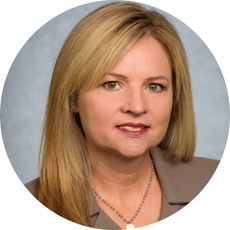
Karen Gamble, PhD
Sleep Disruptions, Circadian Rhythms, and Smoking: Insights from the UAB CRAVESS Study
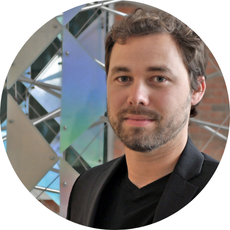
Morgan James, PhD
Sleep dysregulation during cocaine abstinence: the orexin (hypocretin) system as a therapeutic target
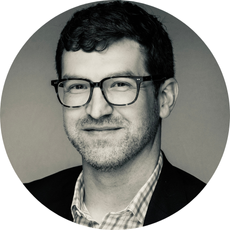
Ryan Logan, PhD
Sleep and Circadian Dysfunction in Opioid Use Disorder
Session 2: Sleep and Rhythms in Bloom: Sleep and Circadian Development
The objectives for this session are to understand the development of sleep and circadian rhythms and sleep and circadian disruption from infancy to adolescence.
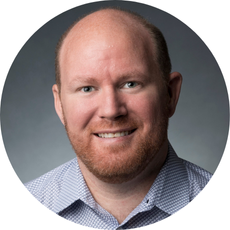
Jimmy Dooley, PhD
Neural activity during REM sleep promotes the development of cortical motor control

Lauren Hartstein, PhD
Circadian Physiology and Photosensitivity Across Early Childhood
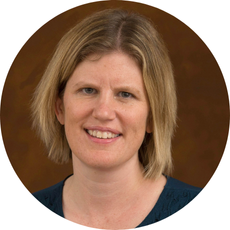
Sarah Honaker, PhD
OSA Detection in Pediatric Populations: Why and How?
Session 3: LIGHT of My Life
The objectives for this session are to explore new and novel research related to the role of light and retinal function on sleep, circadian rhythms and wellbeing.
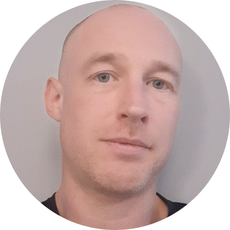
Timothy Brown, PhD
Optimizing light exposure to support healthy daily rhythms

Kathryn Roecklein, PhD
Pupillometry to measure ipRGC signaling in response to environmental light stimuli: Light sensitivity and Depression

Gianluca Tosini, PhD
The retinal circadian clock modulates visual processing and photoreceptors viability during aging
Plenary Session 1: Balancing Act: The Crucial Roles of Wake and Sleep in Daily Life
This session will feature a dynamic dialogue between Drs. Saper and Dan, exploring the distinct and complementary functions of wakefulness and sleep. The discussion will delve into the apparent roles of wakefulness, such as feeding and defense, and the more enigmatic functions of sleep, including its potential necessity for neuronal health and learning efficiency. By incorporating insights into circadian regulatory mechanisms, the session aims to provide an engaging and thought-provoking perspective on these essential states.

Yang Dan, PhD
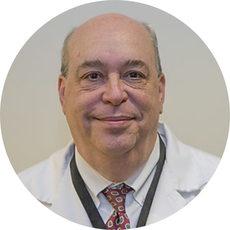
Clifford Saper, MD, PhD
Session 4: Biomarkers of Circadian Clocks and Sleep Quality: Genetic, Computational, and Clinical Perspectives
The objectives for this session are to explore biomarkers related to circadian rhythms and sleep quality from genetic, computational, and clinical perspectives, addressing their impact on health.

Christopher Depner, PhD
Biomarkers linking insufficient sleep and circadian misalignment with adverse cardiometabolic risk

Jeanne Duffy, PhD
Plasma proteins as biomarkers for circadian rhythmicity

John Hogenesch, PhD
Building circadian medicine at a pediatric hospital
Session 5: Making Waves: Emerging Sleep Therapeutics
The objectives for this session are to explore emerging methods to modify sleep including but not limited to acoustic and transcranial stimulation, temperature manipulation and the use of pharmacological agents such as propofol.
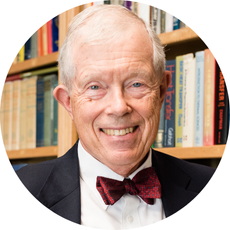
Kenneth Diller, Sc. D., P.E.
Thermal Control of Circadian Function for Enhanced Sleep Onset and Blood Pressure Modulation

Lisa Marshall, PhD
Stimulating waves – modulated efficacy of closed loop acoustic stimulation

Ben Julian Palanca, MD, PhD
Leveraging Anesthetics and Neuromodulation to Manipulate Sleep
Session 6: Fluid Dynamics in the Brain: Multidisciplinary Insights into Neurodegeneration
The objectives of this session are to explore fluid dynamics in the brain, focusing on neurodegeneration through research on the choroid plexus, cerebrospinal fluid, and the glymphatic system. How sleep and circadian rhythms influence these processes will be explored.

Ryann Fame, PhD
Diurnal regulation of choroid plexus modulates CSF composition and the blood-CSF barrier
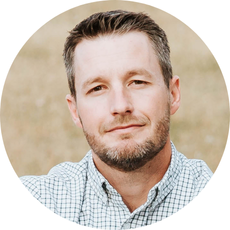
Jeffrey Iliff, PhD
Defining sleep-active glymphatic function in the human brain

Jennifer Strahle, MD
Perspectives on CSF circulation during development
Plenary Session 2: Harnessing AI for Sleep and Circadian Science

Rosemary Braun, PhD
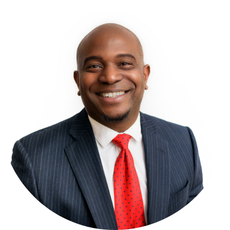
Azizi Seixas, PhD
Session 7: Sleeping and Timing for a Long, Healthy Life
The objectives for this session are to explore bidirectional mechanisms linking aging and sleep and circadian function and identify potential sleep/circadian therapies to support healthy aging.

Alec Davidson, PhD
Environmental circadian disruption in animal models: from mortality and resilience to circadian omics

Carla Green, PhD
The Circadian Clock Controls Health and Longevity

Amita Sehgal, PhD
Trimming brain fat with sleep
Session 8: Unraveling Mechanisms of Sleep and Rhythms: Exploring Non-Neuronal Pathways
This session will explore novel mechanisms of sleep and circadian regulation, including effects on non-neuronal cells and immune and metabolic links to circadian function and sleep.
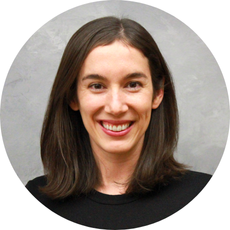
Laura Fonken, PhD
Microglia circadian rhythms emerge in early life and orchestrate neurodevelopmental processes

John O’Neill, PhD
mTOR drives daily physiology

Ashley Ingiosi, PhD
Sleeping under the stars: astroglial contributions to sleep and wakefulness
Plenary Session 3: Targeting Sleep Circuitry for Promoting Health Span
The final session will be a plenary highlighting different approaches to understanding the circuitry underlying sleep-wake control. Dr. de Lecea will present his work using optogenetics to identify circuits controlling REM sleep duration, the role of sleep in DNA-repair and the use of ultrasound to modulate sleep-wake. Dr Peixoto will present her work in mice carrying a mutation in Shank, a high confidence autism spectrum disorder – risk gene. These presentations describe innovative approaches in mouse models that may lead to novel treatments for sleep disorders and improve broader health outcomes.

Luis de Lecea, PhD
Neuromodulation of sleep/wake states

Lucia Peixoto, PhD
Understanding the interaction between sleep and transcriptional regulation in Autism

